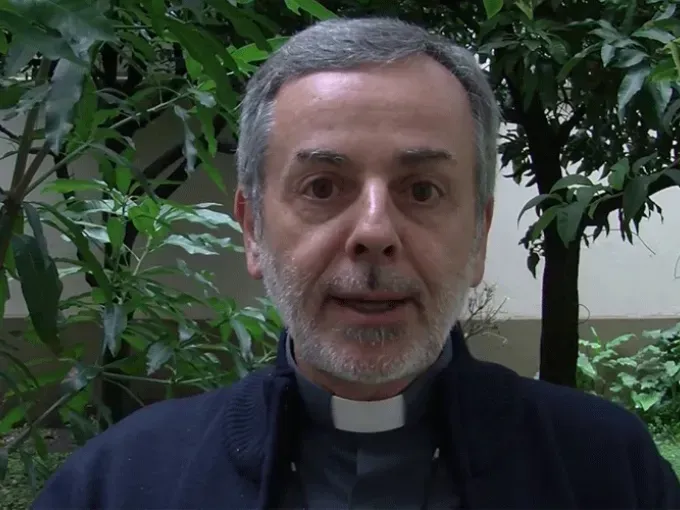Manzini, 22 October, 2022 / 8:45 pm (ACI Africa).
The Bishop of Eswatini’s Manzini Diocese has bemoaned the killings of security officers in the Southern African Kingdom.
In his Wednesday, October 19 statement shared with ACI Africa, Bishop José Luís Gerardo Ponce de León who reiterates calls for “national dialogue” condemns the reported killing of two policemen in Manzini in “broad daylight” and cautions the people of God in Eswatini against seeking “violence as the only possible solution.”
“October 18, 2022, saw in Manzini the killing of another two members of the police in broad daylight,” Bishop Ponce de León says, and adds, “Killings seem to have become part of our ordinary lives.”
He continues, “Choosing death is also seen through other forms of violence: arson attacks, destruction of property, instilling of fear, lack of spaces to voice just cries, tear gas, calls to meet violence with more violence even through the use of Biblical passages as if God could support choosing death over life.”
The Argentine-born member of the Consolata Missionaries (IMC) who has been at the helm of Manzini Diocese since his installation in January 2014 decries the killings targeting security officers, saying, “It is clear we no longer see in each other the God in whose image we have been created (Gen 1:27) and With Cain we sarcastically ask: 'Am I my brother keeper?”








